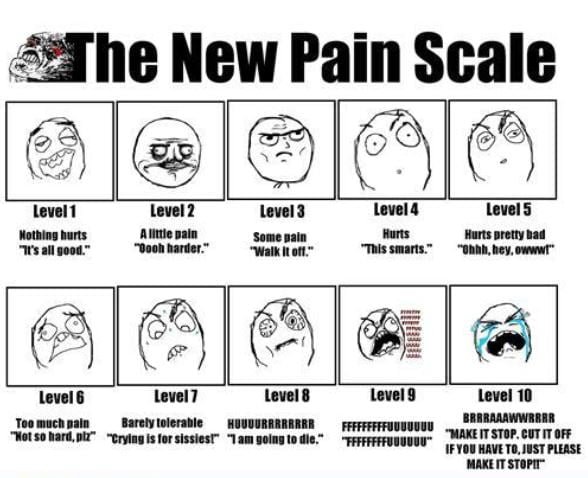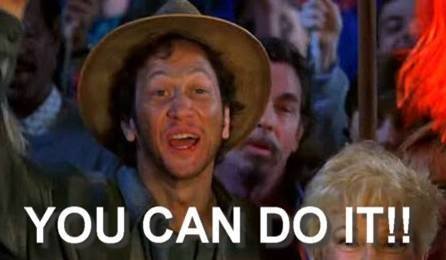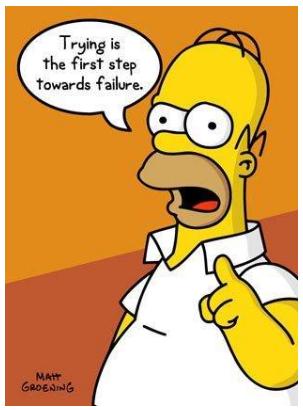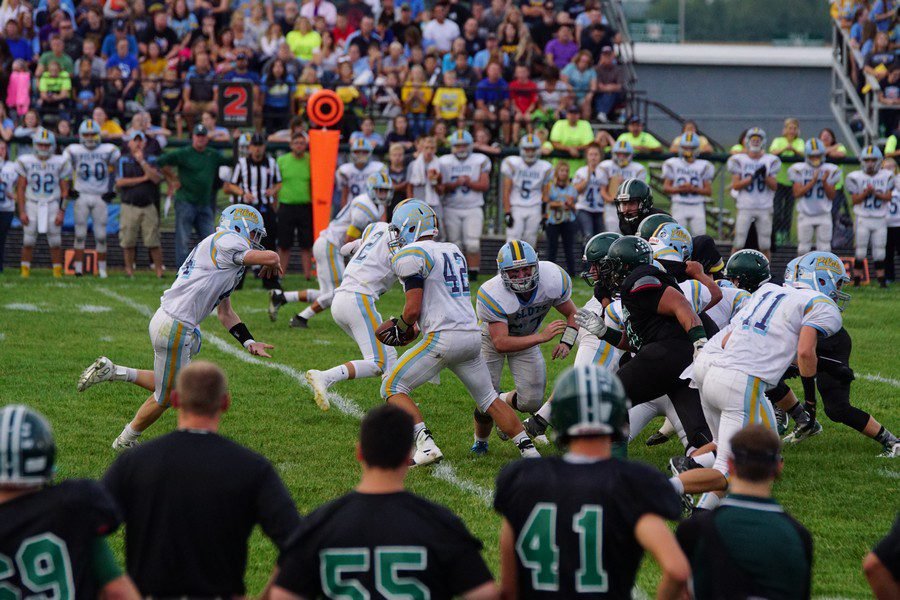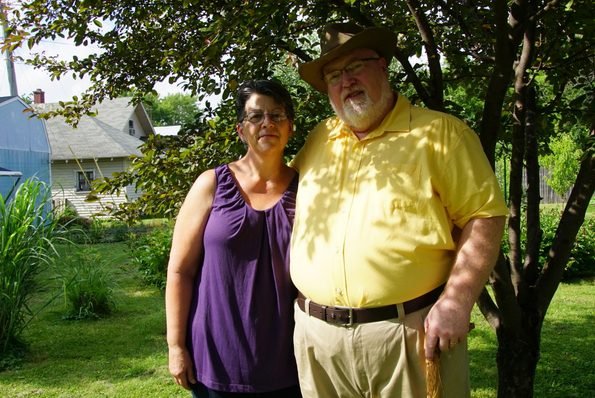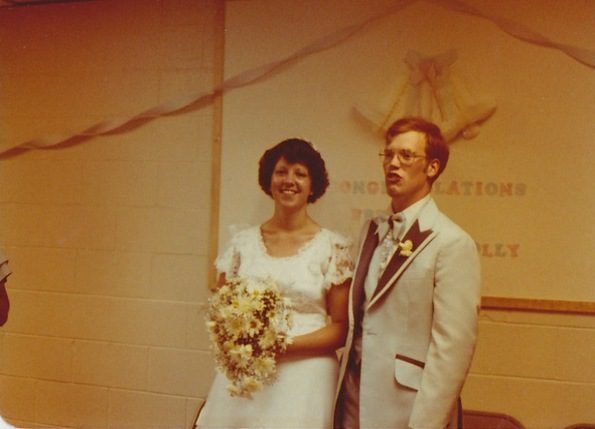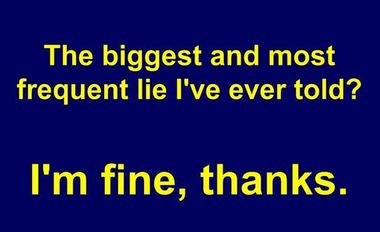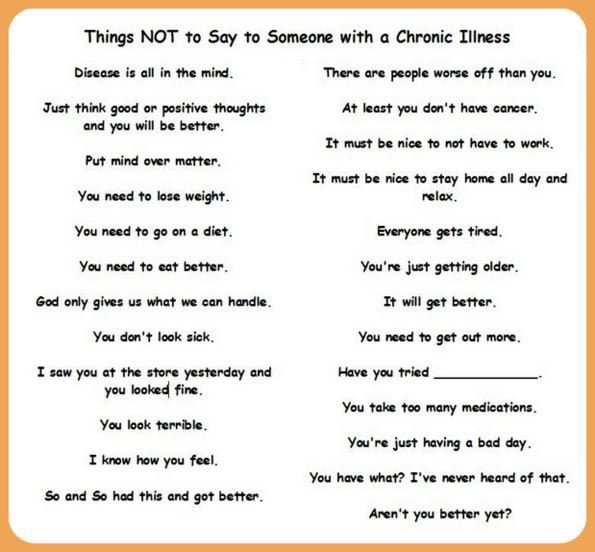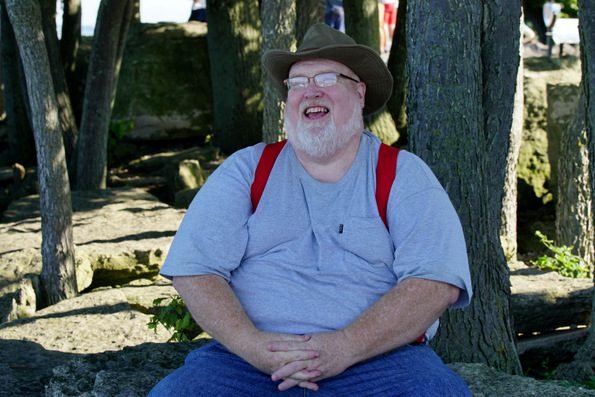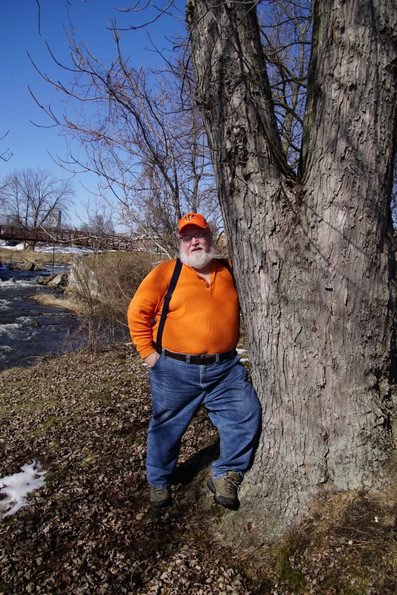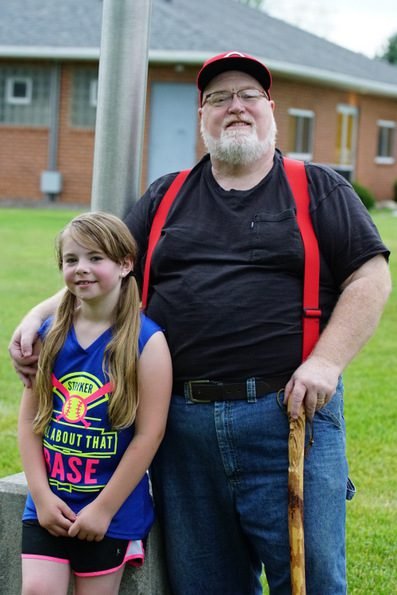
The war against chronic pain sufferers continues unabated as they face being collateral damage in the government’s attempt to combat the opioid crisis. Numerous restrictions — almost all of them unnecessary or harmful — have been enacted in the hope that they will stem the illegal use of narcotic drugs. Unfortunately, the only result of these restrictions is to make it harder for chronic pain sufferers to get the medications they need. Just this past weekend, my Hydrocodone fill date fell on Easter Sunday. Thanks to new regulations, the prescription cannot be refilled sooner than one day before it was last filled (and within a fourteen-day window from the may fill date written on the script). In years past, I would have several weeks of Hydrocodone in reserve, just in case I didn’t get the prescription filled in a timely fashion. Not anymore; not filling the prescription on its fill date could leave me without medication. Fortunately, Meijer’s pharmacy was open for a short time on Easter and I was able to refill my prescription.
Last month, I took the script for my Tramadol prescription to the pharmacy to be filled, just to find out that the doctor had written the wrong date on the script — beyond the fourteen-day refill window. The pharmacy refused to call my doctor, telling me that I would have to get a new script. I was unaware that Tramadol was being treated the same way as Hydrocodone. Had I known this, I would have paid closer attention to the date on the script. Fortunately, I had enough Tramadol to last me until my upcoming doctor’s appointment.
Today, I read an article on The Outline titled, Is Chronic Pain Something More People Should Accept? The article states:
Research dating back more than a decade suggests that people with chronic pain may be able to improve their quality of life if they stop trying to avoid or get rid of their pain and instead learn to live as well as they can as the pain persists, a concept referred to in clinical settings as pain acceptance. Some psychologists and psychiatrists believe that pain acceptance might even help counteract opioid abuse in the United States, a problem so severe that it has contributed to a decline in American life expectancy. The idea that pain acceptance might serve as an effective alternative to opioids is an emerging area of research and not something that has been definitively established. As the idea attracts attention in the world of pain management and in the media, it has also generated controversy.
An estimated five to eight million Americans take opioids to manage long-term chronic pain, and the number of people in the U.S. who have died from overdosing on opioids — a class of drugs that includes prescription painkillers like oxycodone and illicit substances like heroin — has risen dramatically in recent years. In 2016, prescription opioids were involved in roughly 40 percent of opioid overdose deaths, according to the U.S. Department of Health and Human Services. There are plenty of people who don’t become addicted to prescription opioids, but taking them involves serious risks, from adverse side effects to the potential for dependence. A backlash against the drugs, from state laws limiting access to federal guidelines warning of their risks, has sent doctors searching for alternative treatments. In the midst of the crisis, some pain and addiction researchers are interested in determining whether pain acceptance could help people cut back on opioids.
Several studies have raised the possibility that people who are less accepting of pain may be more likely to become dependent on painkillers. A 2015 article in the journal Drug and Alcohol Dependence found that people who were better able to live with pain without attempting to reduce or avoid it had less severe problems with opioids. The study reported that pain intensity itself was not significantly associated with the severity of problematic opioid use. That led the authors to conclude that the extent to which a person accepts and adapts to pain, or doesn’t, may be “more important as a risk factor for the misuse of prescription opioids or heroin than is the actual severity of pain.”
In September 2017, an article in the Clinical Journal of Pain found that people who were more accepting of chronic pain used less pain medication, including opioids, regardless of the severity of their pain. “We think that’s a good indicator that increasing pain acceptance in people with chronic pain might reduce their reliance on pain medication,” said Dr. Anna Kratz, an assistant professor of physical medicine and rehabilitation at the University of Michigan who helped carry out the study. “They might turn less to medications on a day-to-day basis if they have more pain acceptance.”
….
It may not be surprising that people with chronic pain don’t necessarily like the idea of accepting it. When researchers at the University of New Brunswick asked women with chronic pain from arthritis and fibromyalgia what they thought about pain acceptance, many had a negative reaction. Most of the women associated acceptance with “giving up or giving in to their pain,” the researchers wrote in the journal Pain Research and Management in 2008. But many of the women had learned to live with their pain in a way that roughly aligned with the concept of pain acceptance: They were determined to live as well as they could despite their conditions. Rather than describing that as acceptance, the women preferred to use words like “embracing,” “coming to terms with” or “dealing” with their pain.
There’s no one way that people learn to accept and live with chronic pain. What works for one person might not work for another. But some individuals participate in a form of therapy called acceptance and commitment therapy — commonly referred to as ACT. Developed in the 1980s and 1990s, acceptance and commitment therapy emerged out of the tradition of cognitive behavioral therapy. In contrast to traditional cognitive therapy, acceptance and commitment therapy asks people to accept thoughts, feelings, memories, and bodily sensations that are beyond their control, rather than attempt to change or get rid of them. The therapy then encourages people with chronic pain to take part in activities that add value and meaning to their lives, even as pain persists.
….
In other words, people with unrelenting chronic pain just need to suck it up and embrace the fact that their pain is never, ever going away. The false assumption here is that chronic pain sufferers are not already doing this. They are, and reaching out to a broader pool of pain sufferers would have revealed this to the article’s author, Clare Foran. While a tip of the hat is given to the idea that the goal should be pain elimination, the gist of the article is the importance of chronic pain sufferers doing their part to combat the opioid crisis. Again, it is people who are on pain management regimens that are being singled out and expected to forgo needed pain meds, not because this would be better for them, but in doing so they give the appearance that something concrete is being done about the opioid crisis.
Most of the chronic pain sufferers I know are already “living” with their pain.” They have been sucking it up for so long that they have concave chests. Here’s a grossly under-reported fact: narcotic drugs, when taken as prescribed, do NOT take pain away. What these drugs are meant to do is level out what are called pain spikes. When this occurs, chronic pain suffers achieve a certain quality of life, often allowing them to work and do other things they would not be able to do without taking narcotic prescription drugs. Without taking them, life is unbearable, leading to depression and, at times, suicide.

I was diagnosed with Fibromyalgia in 1997. Since then, my health has deteriorated ever-so-slowly. As I have aged, osteoarthritis has spread from joint to joint, and today it’s found in my spine, shoulders, neck, hands, knees, and feet — pretty much everywhere. And then there’s a neurological problem that causes burning pain in my thighs, face, and lower back. There’s not a day or an hour that goes by where I don’t feel pain somewhere from the top of my head to the bottom of my feet. I take narcotics, then, so I can have some semblance of a life. Without these drugs (and others), I would not be able to write, shoot photographs, or attend my grandchildren’s sporting events. It’s the drugs that level off the pain highs so I can do these things, even though I know there is a price to pay for doing so. You see, all narcotics do is mask (reduce) pain. The underlying diseases are there, and, in my case, they are exacerbated when I do anything more than lie in bed and wish I could die. I know that doing physically active things aggravates my joints, nerve endings, and muscles. I ignore this outcome because taking photographs, going out on the town with my girlfriend, or attending a sixth-grade softball game are more important to me. I want to do these things, knowing that by doing so I will pay what I call “the price of admission.” The days after attending such events are, on a pain scale of 1 to 10, off the charts. All I can do is pray to Zeus, curl up in my recliner, and cry my way to a better day. On these kinds of days, narcotics do not give the advertised relief. They help, but not enough to allow me to do much of anything. I have to wait until pain levels reach “normal” levels.
Earlier this year, I agreed to take photographs for the local high school’s spring sporting events. I did the same for winter sports. The difference between shooting a basketball game and photographing a softball game is that for the former, I can sit, but for baseball and softball games I must stand. And standing for longer than fifteen minutes is a big problem for me. If you have ever seen me walking through one of the local stores you’ve likely noticed that I am often hunched over the shopping cart (pride keeps me from using a battery-powered scooter). After about fifteen minutes of walking, my thighs and face turn numb and begin to burn. Hunching over the cart, brings some relief. In 2007, when this problem first appeared, I had an extensive neurological workup — $20k worth of tests. Doctors thought, at the time, that I had Multiple Sclerosis (MS). The tests came back negative or inconclusive. I have had three brain scans since then, but still no definitive signs of MS. So, for now, I live with the effects of an unnamed affliction (not that naming it would make a difference). Personally, I think the numbness and burning is related to my lower back and a narrow disc space I have had for twenty-five years.
Standing, of course, is impossible to avoid if I want to be a photographer, grandfather, or a living, breathing human being. So, I stand, and when the numbness and burning pain screams in my ears, I put a mental stick in my mouth, bite down, and bear it. I’ve done this countless times over the years, knowing that if I do this or that the pain — narcotics or not – is going to come in waves with no possible relief, save death. I wonder if the twenty-eight-year-old Clare Foran has ever experienced pain such as this? I doubt it. Had she experienced it, I suspect she wouldn’t have been so quick to preach the gospel of suck-it-up.
I wrote the above to say this: I have been “sucking it up” for two decades. I have made peace with the fact that my pain problem will be with me until I die. And I am fine with that. I am quite stoic about life. It is what it is. I accept that life for me means living with chronic pain and illness. There are no cures on the horizon, no magic drugs that will make life’s boo-boos go away. All that I ask is that the government and so-called experts quit fucking around with my pain management regimen. I am not an addict. I don’t abuse the narcotics I take, nor do I use illegal drugs. Am I drug dependent? Sure. How could I not be after a decade of taking narcotics. But dependency is not the problem, addiction is. I am dependent on blood pressure drugs too. Should I just suck it up and live with high blood pressure? Of course not. These drugs have likely added years to my life, as has taking narcotics. Without pain medication, I would have long ago put an end to my suffering. With the drugs, I am able to carve out a decent life for myself, not without pain, but with pain that is, on most days, manageable. I don’t expect doctors to fix what can’t be fixed. All I ask of them is that they do what they can to improve my quality of life. And for now, quality of life requires narcotics, along with anti-inflammatory drugs.
For those who say, just suck it up, I say, walk in my shoes and then we will talk. Until then, talk to the hand. Until you have experienced and lived with long-term, unrelenting pain, there’s really no frame of reference for you to understand how it is for chronic pain sufferers. And I hope you never have to experience such a life. I wouldn’t wish this on anyone. I don’t want pity, and I sure as hell don’t want lectures about what’s “best” for me (as a pharmacist and an optometrist once tried to do). I have a primary care doctor whom I trust to do what is best for me. I also have specialists I can see, if needed. I am in good hands, even if there are days when I can hardly bear to have those hands touch me. I will soon be sixty-one-years old. I know most of my life is now in the rear-view mirror. All I want now is to live what life I have left to its fullest, hoping that I see the Cincinnati Reds win the World Series before I die. Well, that and see my grandchildren graduate from college. I can then go to the happy hunting grounds in peace.
Bruce Gerencser, 68, lives in rural Northwest Ohio with his wife of 47 years. He and his wife have six grown children and sixteen grandchildren. Bruce pastored Evangelical churches for twenty-five years in Ohio, Texas, and Michigan. Bruce left the ministry in 2005, and in 2008 he left Christianity. Bruce is now a humanist and an atheist.
Your comments are welcome and appreciated. All first-time comments are moderated. Please read the commenting rules before commenting.
You can email Bruce via the Contact Form.

 What follows is a letter I wrote several days ago to the athletic director at
What follows is a letter I wrote several days ago to the athletic director at 